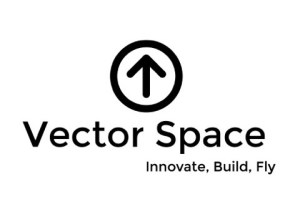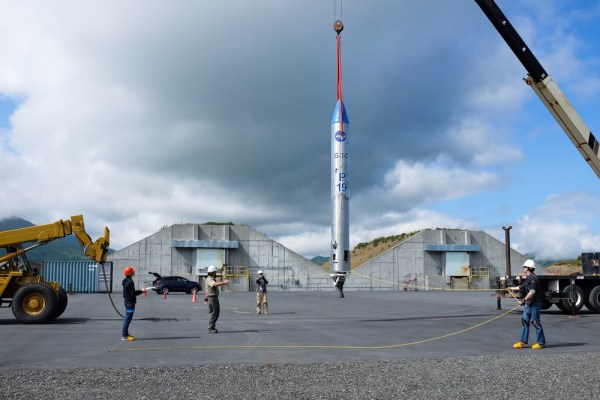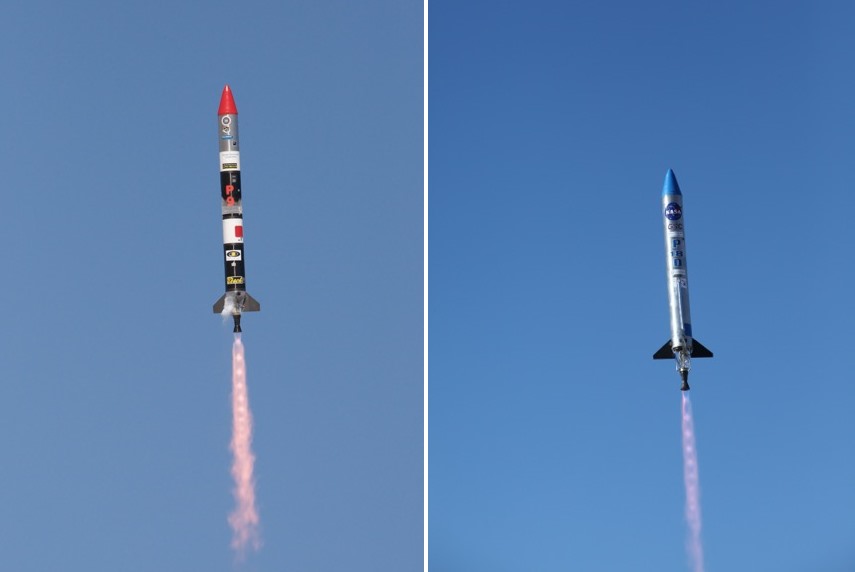Why wait for the bus when you can hail a cab? That’s the idea behind a new commercial spaceflight startup founded by SpaceX founding team members Jim Cantrell and John Garvey. Vector Space Systems wants to shake up to the commercial space market by providing not tens, but hundreds of launches per year.
 “We’re going to bring real economics to the launch platform,” Cantrell told TechCrunch in an interview. “And we can do that because we bring supply. We’re talking about building hundreds of these things.”
“We’re going to bring real economics to the launch platform,” Cantrell told TechCrunch in an interview. “And we can do that because we bring supply. We’re talking about building hundreds of these things.”
Vector isn’t looking to compete with SpaceX, or even smaller commercial launch platforms like Rocket Lab and Firefly. A launch with these companies might be booked years in advance, with dozens of sub-launches, deliveries, experiments, and what have you packed into a single rocket. It’s like a space bus. Vector wants to be the space taxi.
“I had this experience pounded into my brain with LightSail,” said Cantrell, referring to the Planetary Society’s experimental solar propulsion craft. “We built that thing — I think we finished in 2011 — and it’s still waiting around for launch, because you need a particular orbit and so on. And really nobody has addressed this problem.”
With small rockets carrying single 20-40 kg payloads launching weekly or even every few days, the company can be flexible with both prices and timetables. Such small satellites are a growing business: 175 were launched in 2015 alone, and there’s plenty of room to grow. It’ll still be expensive, of course, and you won’t be able to just buy a Thursday afternoon express ticket to low earth orbit — yet.
Customers will, however, reap other benefits. There are less restrictions on space: no more having to package your satellite or craft into a launch container so it fits into a slot inside a crowded space bus. Less of a wait between build and launch means hardware can be finalized weeks, not years, in advance — and expensive satellites aren’t sitting in warehouses waiting for their turn to go live and get that sweet return on investment.
The last few years have been spent on designing and testing the as-yet-unnamed launch vehicles Vector will be using. The first stage is designed to be reusable — nothing as fancy as SpaceX’s autonomous landings, but rather using a unique aerial recovery system Cantrell seemed excited (though guarded) about.
Dozens of sub-orbital flights have been made, and orbital deployment is the next test. If all goes well, Vector hopes to be making its first real flights in 2017.
To date, Vector has relied on its founders’ cash reserves and a lot of government money, but the company announced $1M in angel seed funding at Space 2.0 today. Contributors include Shaun Coleman and Matt Conover, co-founders of CloudVolumes, and Trident Space founder Nick Karangelan.
“DOD and NASA paid for a lot of this development,” Cantrell said, “but this seed money really accelerates things. We’re also looking to close our A round in the next few months.”
Investors are knocking down the front door looking to get in, he said, though he declined to name any. Perhaps they smell profitability: Vector’s business plan has it cash positive after just a few launches. Government money is also in the mix: Cantrell noted humbly that “We’ve been talking with people high up at the Pentagon who want this for obvious reasons.”
A lot depends on successful demonstration of orbital deployment, which should be happening a little later this year. If things go as planned, it could work towards removing one of the most significant restraints currently holding back commercial spaceflight.


